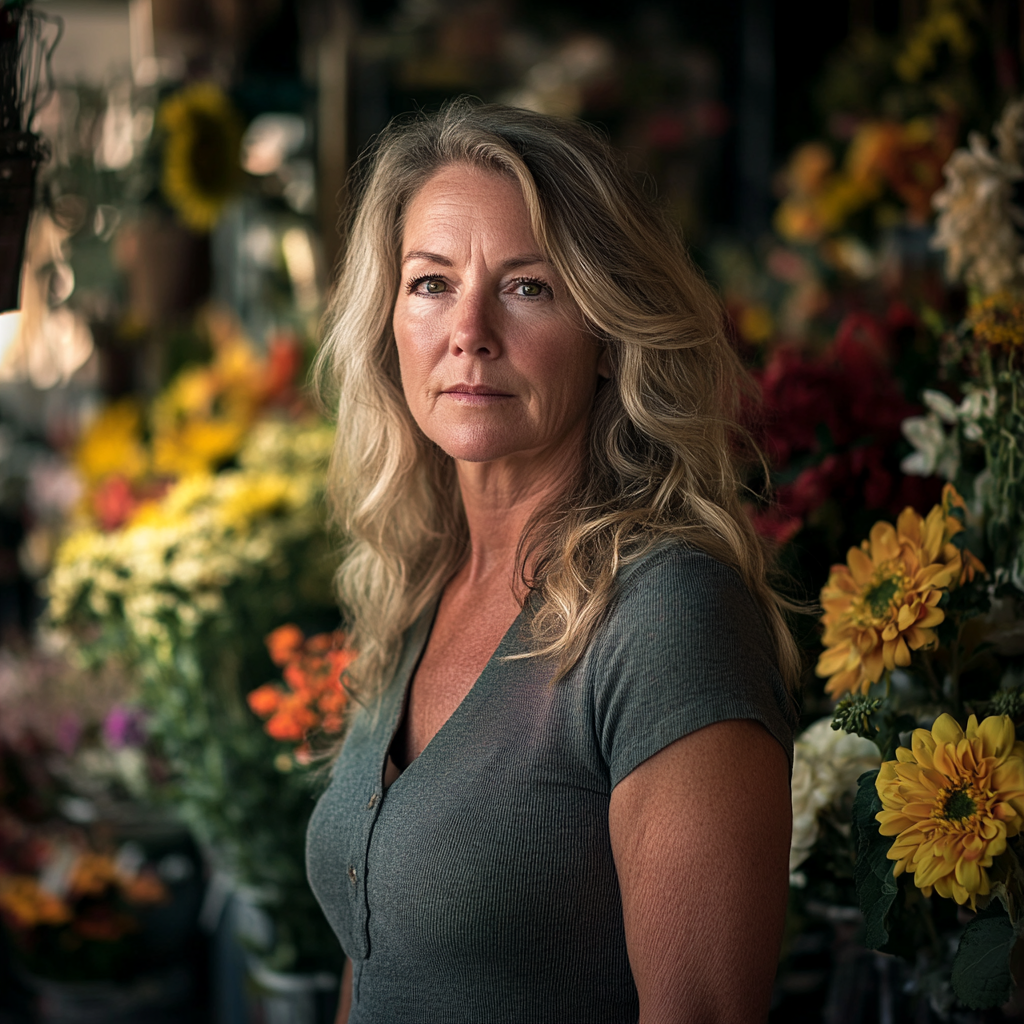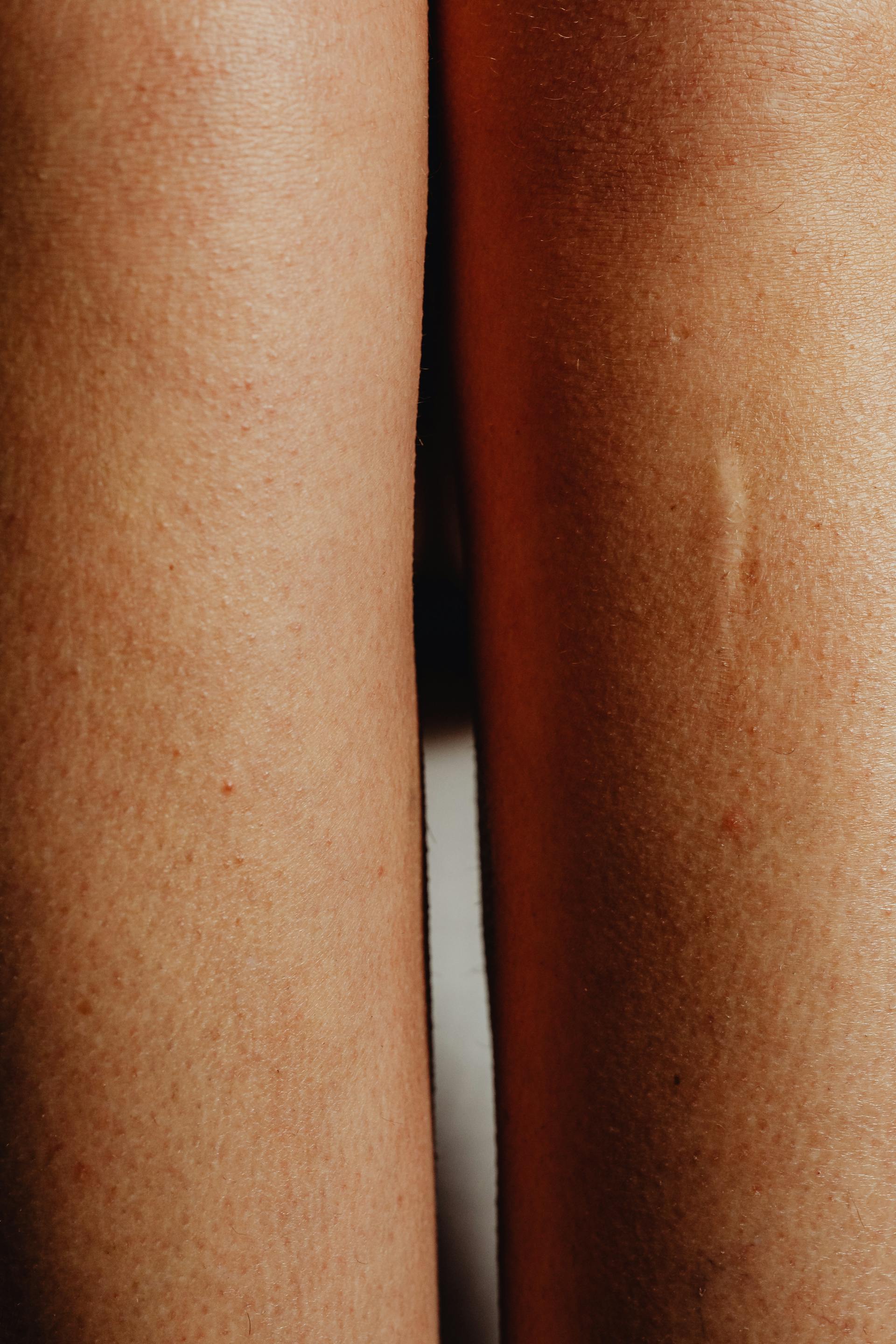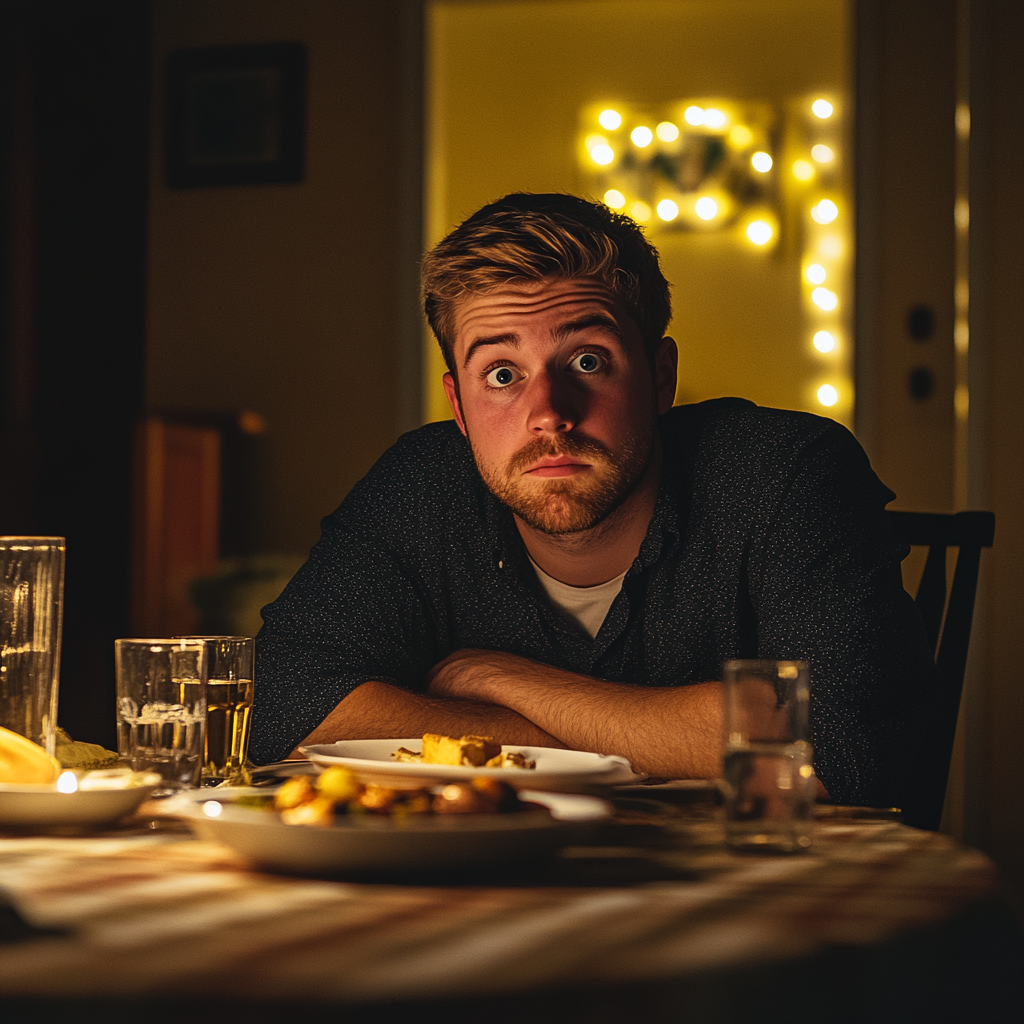
As essential sensory organs, our eyes enable us to see and understand the world around us. Preserving our eyes against dangerous diseases and infections is a crucial part of keeping them in optimal health and maintaining our eyesight.
Many things, such as bacteria, viruses, allergies, and poor eye care techniques, can result in eye infections. We’ll look at a few key tactics in this post that can help you avoid eye infections and keep your vision intact for years to come.

- Frequent Handwashing: One of the best defenses against eye infections is keeping your hands clean. To get rid of dangerous bacteria and viruses, properly wash your hands with soap and water before handling contact lenses or touching your eyes.
- Avoid Eye Touching: Several surfaces that come into contact with our hands could be home to dangerous microbes. Avoid unnecessary eye touching or rubbing, as it can introduce bacteria and irritants, potentially leading to infections or worsening existing ones.
- Proper Contact Lens Care: Follow your eye doctor’s instructions on proper cleanliness if you wear contact lenses. Unless your eye care specialist instructs you otherwise, clean and sanitize your lenses on a regular basis, replace them when necessary, and refrain from sleeping with them on.
- Eyewear Hygiene: If your glasses or sunglasses come into touch with dust, debris, or bacteria, make sure they are cleaned and sanitized on a regular basis to avoid transferring these elements to your eyes.
- Personal Eye Makeup: By dispersing bacteria and viruses, sharing eye makeup products with others raises the risk of eye infections. Avoid borrowing or lending eyeliner, mascara, or eye shadow, and replace your eye makeup regularly to prevent the buildup of harmful microorganisms.
- Protection in Polluted Environments: Use the proper goggles or eye protection if you reside in or are exposed to extremely polluted environments with irritants like smoke, dust, or chemicals to reduce the risk of injury to your eyes.
- Allergy Awareness:Avoid rubbing your eyes if you are prone to allergies brought on by pollen or pet dander and use over-the-counter or prescription antihistamine eye drops to relieve symptoms.
- Maintain a Healthy Lifestyle: Maintaining optimal eye health requires a diet rich in important vitamins and minerals, especially vitamin A, and well-balanced. Include items like salmon, citrus fruits, carrots, and spinach in your diet. In addition to hydrating your eyes, maintaining adequate hydration lowers your chance of developing dry eye infections.
- Regular Eye Exams: Early detection and prevention of eye infections and other eye-related issues require routine eye exams by optometrists or ophthalmologists. These experts are capable of spotting possible issues and offering insightful advice to protect the health of your eyes.
- Give Your Eyes a Break: To reduce eye fatigue caused by prolonged screen time, follow the 20-20-20 rule—every 20 minutes, look at something 20 feet away for 20 seconds. This easy routine can assist in lowering the incidence of eye infections.

In conclusion, you can successfully prevent infections in your eyes by implementing these simple procedures into your everyday routine. You may preserve clean, clear eyesight by doing frequent eye exams, paying attention to eye care products, and emphasizing excellent cleanliness. To preserve your vision and enjoy the world’s beauty with healthy eyes, always remember that prevention is always better to treatment.
How to Keep Your Eyes Healthy
1. Eat Well
Good eye health starts with the food on your plate. Nutrients like omega-3 fatty acids, lutein, zinc, and vitamins C and E might help ward off age-related vision problems like macular degeneration and cataracts. To get them, fill your plate with:
- Green leafy vegetables like spinach, kale, and collards
- Salmon, tuna, and other oily fish
- Eggs, nuts, beans, and other nonmeat protein sources
- Oranges and other citrus fruits or juices
- Oysters and pork
A well-balanced diet also helps you stay at a healthy weight. That lowers your odds of obesity and related diseases like type 2 diabetes, which is the leading cause of blindness in adults.
2. Quit Smoking
It makes you more likely to get cataracts, damage to your optic nerve, and macular degeneration, among many other medical problems. If you’ve tried to kick the habit before only to start again, keep at it. The more times you try to quit, the more likely you are to succeed. Ask your doctor for help.
3. Wear Sunglasses
The right pair of shades will help protect your eyes from the sun’s ultraviolet (UV) rays. Too much UV exposure boosts your chances of cataracts and macular degeneration.
Choose a pair that blocks 99% to 100% of UVA and UVB rays. Wraparound lenses help protect your eyes from the side. Polarized lenses reduce glare while you drive, but don’t necessarily offer added protection.If you wear contact lenses, some offer UV protection. It’s still a good idea to wear sunglasses for an extra layer.
4. Use Safety Eyewear
If you use hazardous or airborne materials on the job or at home, wear safety glasses or protective goggles.
Sports like ice hockey, racquetball, and lacrosse can also lead to eye injury. Wear eye protection. Helmets with protective face masks or sports goggles with polycarbonate lenses will shield your eyes.
5. Look Away From the Computer Screen
Staring at a computer or phone screen for too long can cause:
- Eyestrain
- Blurry vision
- Trouble focusing at a distance
- Dry eyes
- Headaches
- Neck, back, and shoulder pain
To protect your eyes:
- Make sure your glasses or contacts prescription is up to date and good for looking at a computer screen.
- If your eye strain won’t go away, talk to your doctor about computer glasses.
- Move the screen so your eyes are level with the top of the monitor. That lets you look slightly down at the screen.
- Try to avoid glare from windows and lights. Use an anti-glare screen if needed.
- Choose a comfortable, supportive chair. Position it so that your feet are flat on the floor.
- If your eyes are dry, blink more or try using artificial tears.
- Rest your eyes every 20 minutes. Look 20 feet away for 20 seconds. Get up at least every 2 hours and take a 15-minute break.
6. Visit Your Eye Doctor Regularly
Everyone needs a regular eye exam, even young children. It helps protect your sight and lets you see your best.
Eye exams can also find diseases, like glaucoma, that have no symptoms. It’s important to spot them early on, when they’re easier to treat.
Depending on your eye health needs, you can see one of two types of doctors:
- Ophthalmologists are medical doctors who specialize in eye care. They can provide general eye care, treat eye diseases, and perform eye surgery.
- Optometrists have had 4 years of specialized training after college. They provide general eye care and can diagnose and treat most eye diseases. They don’t do eye surgery.
A comprehensive eye exam might include:
- Talking about your personal and family medical history
- Vision tests to see if you’re nearsighted, farsighted, have an astigmatism (a curved cornea that blurs vision), or presbyopia (age-related vision changes)
- Tests to see how well your eyes work together
- Eye pressure and optic nerve tests to check for glaucoma
- External and microscopic examination of your eyes before and after dilation
You might also need other tests.
Step into a world dedicated entirely to man’s best friend – dogs. Our website is a treasure trove of heartwarming news, touching stories, and inspiring narratives centered around these incredible creatures. We invite you to join us in spreading the joy. Share our posts, stories, and articles with your friends, extending the warmth and inspiration to every corner.With a simple click, you can be part of this movement.
Old Woman Took My Hand and Started Predicting My Future, Persuading Me to Cancel My Wedding

When a strange woman grabbed my hand and warned me not to go through with my wedding, I brushed it off. But when I found out she was a paid actress, I had to know: who would go to such lengths to stop me from marrying the man I loved?
I was never the superstitious type. I’m Penelope, just your average woman juggling work, wedding plans, and spending time with my best friend, Esther. Life had been a blur of excitement lately. Cameron, my fiancé, was everything I could ever ask for — thoughtful, funny, and supportive.

A grayscale photo of a loving couple | Source: Pexels
Our wedding was just a couple of months away, and Esther, as usual, was by my side through all the chaos, helping me pick out flower arrangements, dresses, and everything in between.
It was a normal Saturday afternoon when the strange encounter happened. Esther and I had just left our favorite boutique, where we’d spent hours browsing through racks of dresses and debating which honeymoon destinations were overrated.
She was still trying to convince me that Fiji wasn’t all it was cracked up to be as we strolled through the supermarket, picking up a few groceries for the week.

A shopping cart in a grocery store aisle | Source: Unsplash
We were halfway down the cereal aisle when I felt someone standing a little too close behind me.
Turning around, I was face-to-face with an old woman: her dark hair messy, her piercing eyes locked onto mine. Before I could react, she grabbed my hand, her grip firm, almost desperate.
“I feel four scars,” she said, her voice low and gravelly. “All on your legs. An animal… a wolf?”

An old woman with dark messy hair and piercing eyes is standing in a grocery store | Source: Midjourney
I froze, my heart nearly stopping. My legs — she was right. I had those scars, deep and jagged from when a wolf attacked me on a family camping trip when I was five. I hadn’t told many people about that. How could she possibly know?
Esther, who had been distracted by a message on her phone, turned just in time to see the woman holding my hand. “Hey! Let go of her!” she snapped, stepping closer, ready to intervene.

A woman looking angrily at someone while standing in a grocery store | Source: Midjourney
But the woman didn’t seem to notice. Her eyes stayed locked on mine. “I see your upcoming wedding,” she murmured, her grip tightening. “Don’t do it. Trouble awaits you.”
My breath caught in my throat. I felt like I was rooted to the spot, unable to move. How did she know about my wedding? What kind of “trouble” was she talking about?

A woman looks surprised and worried while standing in a grocery store | Source: Midjourney
Before I could ask her any of these questions, Esther pulled my hand free from the woman’s grip with one sharp tug. “Are you out of your mind?” Esther hissed at the woman. “Get lost, witch!”
The woman blinked, as if waking from a trance, then slinked away without another word. I stared after her, my heart still pounding.
“Penelope, are you okay?” Esther asked, her voice softening now that the stranger was gone. “She was probably just some crazy lady. Don’t let it get to you.”

A woman looks concerned while standing in a grocery store | Source: Midjourney
I tried to laugh it off. “Yeah, you’re probably right,” I said, though deep down, I wasn’t so sure. For the next two weeks, her words haunted me. “Don’t do it. Trouble awaits you.” They replayed in my mind like a broken record, and no matter how many times I told myself it was nonsense, I couldn’t shake the uneasy feeling.

A woman looks worried and thoughtful | Source: Midjourney
Then yesterday, while having lunch with my mom at a small café, I saw her again — at least, I thought I did. Across the street, a woman was hurrying into a shop, but this time, her hair was blonde, her eyes light. She looked completely different, but there was something about her, something familiar.
Without thinking, I jumped up from my chair and rushed outside. “Hey! You!” I called, catching up to her just as she was about to enter the shop.

A woman with blonde hair standing in a flower shop | Source: Midjourney
The woman turned, startled. “Let me go!” she shrieked as I grabbed her wrist.
“Who are you?” I demanded, tightening my grip.
“I… I’m an actress,” she stammered. “I was paid to scare you into canceling your wedding.”
My heart dropped. “Paid? By who?”
She hesitated, then reluctantly pulled out her phone. My blood ran cold when she showed me the photo on her screen.
I could barely feel my legs as I stared at the picture on her phone screen.

An extremely shocked woman staring at a phone screen | Source: Midjourney
It was Cameron. The man I was supposed to marry in a few months. The man I trusted, loved, and thought I would spend my life with.
“He… he paid you?” My voice cracked as I asked, still trying to process the betrayal.
The actress shifted nervously, glancing around as if afraid someone might see us. “Look, I don’t want any trouble. I was just doing my job. Please let me go.”
I swallowed the lump forming in my throat. “Why? Why did he do this?”

An angry and upset woman | Source: Midjourney
“I don’t know,” she admitted, rubbing her wrist where I had grabbed her. “He just said he couldn’t go through with the wedding, but didn’t know how to tell you.”
I felt a burning rage rise in me, but it wasn’t the fiery kind that made me want to scream. No, this was cold. Ice cold. He couldn’t call off the wedding himself, so he hired someone to manipulate me into doing it? The sheer cowardice was almost laughable. Almost.

A closeup of a man paying money to a woman | Source: Pexels
I exhaled slowly, forcing a calm that I didn’t feel. “Thank you for being honest,” I muttered, turning away from her. I didn’t wait for a response. My feet carried me down the street in a daze. My mind raced, thoughts of Cameron, the wedding, everything spinning out of control.
By the time I got home, I had already made up my mind. Two could play this game.
That evening, I set the table for dinner as if nothing had happened. I cooked his favorite — roasted chicken with rosemary potatoes — and made sure everything looked perfect.

A photo showing roasted chicken served with rosemary potatoes for dinner | Source: Midjourney
The scent filled the apartment, warm and comforting, masking the cold storm brewing inside me.
When Cameron walked in, his usual cheerful demeanor seemed a bit off. Maybe it was guilt gnawing at him. Good. He deserved it.
“Hey, babe!” he greeted me with a kiss on the cheek, oblivious to what was coming. “Something smells great.”
“Just your favorite,” I replied, forcing a smile as I placed the plates on the table. “I thought we could have a nice night in.”

A woman forces a smile while looking at someone | Source: Midjourney
He sat down, and for a moment, we ate in silence. I waited, watching him between bites, waiting for the perfect moment. My heart raced, but outwardly, I stayed calm. When the time felt right, I casually began the conversation I had been planning all day.
“So,” I started, my tone light and easy, “you won’t believe what happened to me today.”
He looked up, raising an eyebrow. “Oh yeah? What happened?”

A man looks surprised while sitting at the dinner table | Source: Midjourney
“I was at the supermarket with Esther,” I said, setting my fork down and meeting his gaze. “And this woman just came up to me, grabbed my hand out of nowhere.”
Cameron froze, his fork hovering mid-air. “What?” he asked, trying to sound casual but failing miserably. “What did she want?”
I shrugged, pretending it was no big deal. “Oh, she started talking about these scars I have on my legs. It was weird — she knew about them, even though I’ve never met her in my life.”

A closeup of a person’s body with a scar | Source: Pexels
His eyes widened slightly. “That’s strange,” he said, his voice a little too tight. “What else did she say?”
“Oh, you know,” I continued, keeping my voice light, “she mentioned our wedding. Said some interesting things about it.”
Cameron’s grip tightened on his fork. “Really? What… what exactly did she say?”
I smiled sweetly, watching him squirm. “She said you’d be a super successful man and that we’d have a very happy marriage.”
That’s when he choked. Right on cue.

A stunned man sitting at the dinner table | Source: Midjourney
He coughed, gasping for breath as I sat back, watching with an almost detached amusement. His face turned pale, his eyes wide with panic as he tried to recover.
“Sweetie, are you okay?” I asked, doing my best to sound concerned, though inside, I was relishing every second of his discomfort.
“Y-yeah,” he sputtered, wiping his mouth. “Just… unexpected.”
I leaned in slightly, dropping the playful tone. “Unexpected? What’s unexpected, Cam? The part about us having a happy marriage? Or the fact that you’re such a coward, you couldn’t even break off the engagement yourself?”

An angry and upset woman at the dinner table | Source: Midjourney
His face went white as a sheet. “W-what? What are you talking about, Pen?”
I didn’t let him off the hook. “I ran into your actress today. The one you hired to freak me out and get rid of me!”
For a moment, Cameron just sat there, stunned, his mouth opening and closing like a fish out of water. He had no words: no explanation, no excuses. He was caught, and we both knew it.
“How… how did you—” he stammered, but I cut him off.

An extremely shocked man | Source: Midjourney
“Don’t you dare deny it! I know everything” I kept my voice low and steady. “You really thought I wouldn’t figure it out, huh?”
His hands trembled slightly as he set his fork down, staring at the table. “Pen, I—”
“Don’t,” I interrupted, standing up slowly. “Don’t even try to explain. I’m done being fooled by you.”
He finally looked up at me, his face a blend of guilt and desperation. “I didn’t know how to tell you, Pen. I thought it would be easier this way.”

A man looks guilty and desperate | Source: Midjourney
I laughed — actually laughed at the absurdity of it. “Easier? You thought hiring some stranger to spout nonsense about our wedding would be easier than just talking to me? We’ve been together for years, Cam! And this is how you handle it?”
He didn’t respond. He couldn’t.
I leaned in close, just enough to see the shame in his eyes. “I guess I’ll be the one to call off the wedding then,” I whispered.

A woman looking at someone at the dinner table | Source: Midjourney
With that, I turned and walked out of the apartment, leaving him sitting there, stunned and speechless. As I closed the door behind me, the weight that had been crushing me for weeks finally lifted. The future I had envisioned with Cameron crumbled, but in its place, a new path opened — one where I no longer had to pretend.
Game over, Cameron. Game over.

A smiling woman | Source: Midjourney
Did you find this story exciting? Wait till you read this next one: I was just moments away from saying ‘I do’ when the church doors burst open, and my father shrieked that the WEDDING WAS OFF. What he said next shattered my heart in the blink of an eye.
This work is inspired by real events and people, but it has been fictionalized for creative purposes. Names, characters, and details have been changed to protect privacy and enhance the narrative. Any resemblance to actual persons, living or dead, or actual events is purely coincidental and not intended by the author.
The author and publisher make no claims to the accuracy of events or the portrayal of characters and are not liable for any misinterpretation. This story is provided “as is,” and any opinions expressed are those of the characters and do not reflect the views of the author or publisher.



Leave a Reply